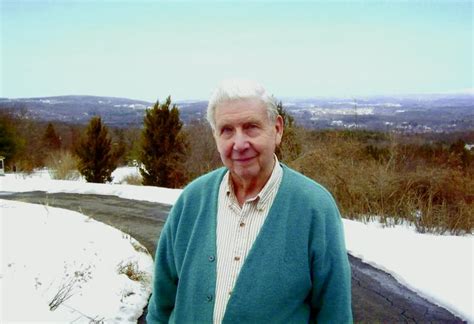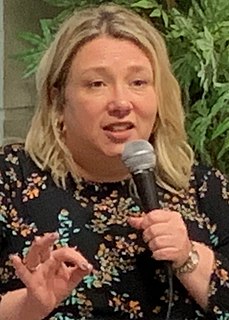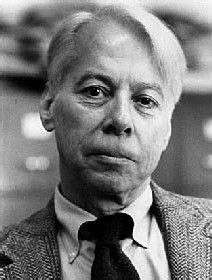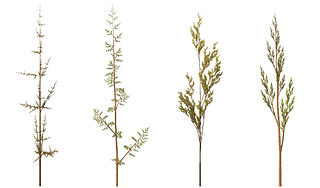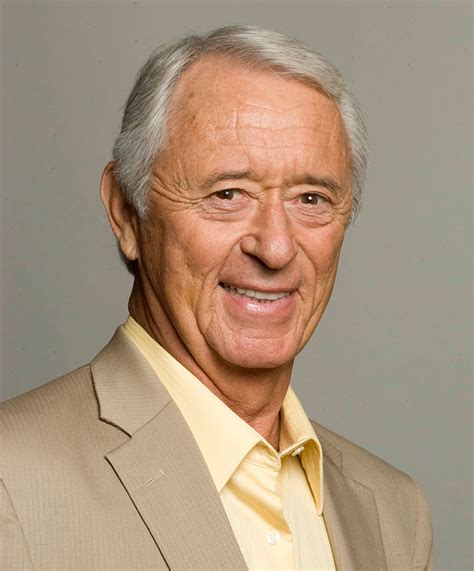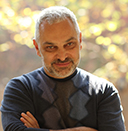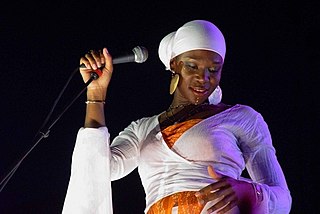A Quote by Lisa Firestone
Differentiating from parental introjects and psychological defences based on the emotional pain of childhood is essential not only for neurotic or seriously disturbed individuals; it is a central developmental issue in every person’s life.
Related Quotes
Poetry has its uses for despair. It can carve a shape in which a pain can seem to be; it can give one’s loss a form and dimension so that it might be loss and not simply a hopeless haunting. It can do these things for one person, or it can do them for an entire culture. But poetry is for psychological, spiritual, or emotional pain. For physical pain it is, like everything but drugs, useless.
Emotional and psychological pain were to become, perhaps, the most powerful force in molding the course of my life. For some people, pain and hurt breed bitterness and cynicism. For others it causes them to look deeply into themselves and into life itself in an attempt to understand the meaning beneath seemingly capricious or arbitrary happenings.
They say that childhood forms us, that those early influences are the key to everything. Is the peace of the soul so easily won? Simply the inevitable result of a happy childhood. What makes childhood happy? Parental harmony? Good health? Security? Might not a happy childhood be the worst possible preparation for life? Like leading a lamb to the slaughter.
The issue Fodor writes about is central to the psychology of perception, cognition, and action. It is the central issue for anyone who would seriously study the neurobiology of behavior: Is the mind organized horizontally or vertically or both, and what are the consequences to psychology of proceeding on one assumption or the other? This has been little analyzed and written about. Jerry Fodor has repaired that omission and had done it brilliantly.
Every life and every childhood is filled with frustrations; we cannot imagine it otherwise, for even the best mother cannot satisfy all her child's wishes and needs. It is not the suffering caused by frustration, however, that leads to emotional illness, but rather the fact that the child is forbidden by the parents to experience and articulate this suffering, the pain felt at being wounded.
If I have an unusual gift, it's not that I draw particularly better than other people - I've never fooled myself about that. Rather it's that I remember things other people don't recall: the sounds and feelings and images - the emotional quality - of particular moments in childhood. Happily an essential part of myself - my dreaming life - still lives in the light of childhood.


